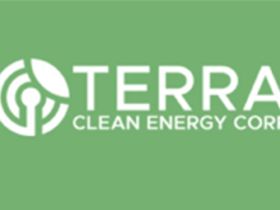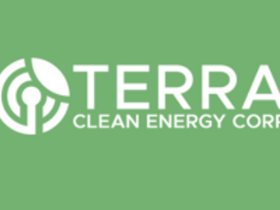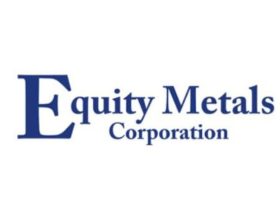Canadian mining industry investment has faced significant challenges over the past decade. There is a common understanding that funding isn’t moving through the sector, especially to juniors.
These small companies represent the foundation for mining in Canada, performing most exploration, and one program that has helped steer investment their way is the federal government’s Mineral Exploration Tax Credit (METC).
The program has been in place for the past two decades, but is set to expire on March 31, 2025.
With parliament prorogued, the mining industry is concerned that the METC will lapse and is calling for its renewal.
What is the Mineral Exploration Tax Credit?
The METC is a 15 percent credit that was created by Canada to help exploration companies raise money. It serves as a supplement to the flow-through share scheme established by the government.
Under the rules established for flow-through shares, companies can shift certain expenses to shareholders.
For tax purposes, these expenses are considered to have been incurred by the investor, not the corporation, and can reduce the investor’s taxable income. Investors in a mining company receive a 100 percent deduction for the amount invested in shares, as well as a 15 or 30 percent credit for eligible expenses.
Individuals who incur eligible exploration expenses pursuant to a flow-through share agreement with a mining company can claim the 15 percent METC. Eligible expenses include prospecting and geological surveys.
The METC applies to investors of all sizes, regardless of their marginal federal income tax rate; however, because some federal flow-through share incentives come in the form of income tax deductions, these deductions can vary.
Mining industry calls for METC extension
In a statement on January 7, the Prospectors & Developers Association of Canada (PDAC) urged members of parliament to renew the METC, calling it one of the federal government’s most productive programs.
‘With exploration investment already in decline, allowing the tax credit to lapse would undermine every segment of Canada’s mineral sector — from coast to coast,’ the organization said.
The PDAC’s release goes on to indicate that the METC is essential to safeguarding Canada’s competitiveness and the resilience of the country’s mining sector as a whole.
The January statement came amid intensifying rhetoric about sweeping US tariffs on Canada and Mexico. The resource sector is a significant exporter to the US, with key products including oil, gas, steel and aluminum.
He said certainty and stability would help maintain Canadian leadership in the resource sector.
“It is one of the most productive Canadian fiscal incentives by delivering a significant return on investment without requiring an outlay of public funds by the federal government,” Goldie noted.
He also spoke about how critical the mining sector is to the Canadian economy, indicating that exploration helps strengthen the country’s economic resilience through economic growth and stronger domestic supply chains.
He noted that minerals add C$100 billion to Canada’s GDP and create hundreds of thousands of jobs.
METC expiration date approaching
In 2018, the METC was extended until March 2024, at which time it was extended until March 31, 2025.
However, given Prime Minister Justin Trudeau’s resignation, the subsequent prorogation of parliament and the Liberal Party’s leadership race, it’s unclear whether the METC will be extended again this time.
The government is scheduled to reconvene on March 24, and given the short time frame between the return of parliament and the expiration of the credit, there are questions around how much will get done.
In addition to the METC, the federal government introduced the Critical Mineral Exploration Tax Credit (CMETC) in 2022. Similar to the METC, it provides a 30 percent credit to support the development of critical mineral projects in Canada that will produce batteries, permanent magnets, clean technology and semiconductors.
The two programs are separate, with the CMETC valid until March 31, 2027.
Securities Disclosure: I, Dean Belder, hold no direct investment interest in any company mentioned in this article.





